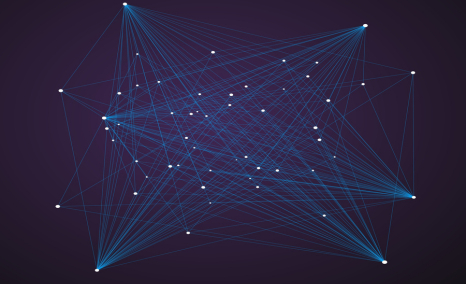In layman’s language, Cluster headache is a headache disorder that occurs in cyclical patterns. The term cluster headache itself defines the condition that these attacks occur in groups, or “clusters.” During a cluster cycle, brief, excruciatingly severe headache attacks recur between 1-8 times per day. Known as one of the most painful conditions, Cluster headache is often described as “suicide headaches”, “a pain worse than labor pain” and “a hot poker to the eye.”
How does a migraine attack differ from cluster headaches? For starters, they feel differently. People with migraines may experience nausea, sensitivity to light, and vomiting, whereas those with a cluster headache, which is generally felt on one side of the head, experience watery eyes and runny noses. Although a migraine headache can last from 2 to 72 hours, cluster headaches arrive and depart swiftly over a period of time. Women tend to get migraines more often than men, whereas men get affected more by cluster headaches. People with cluster headache are usually unable to stay still during an attack. They often try to relieve the agonising pain by either walking or sometimes even banging their heads against a wall to get rid of the pain.
According to the National
Headache Foundation, more than 37 million Americans suffer from migraines.
Cluster headaches, however, are relatively rare, affecting about 1
million Americans, as estimated by the American College of Physicians.



